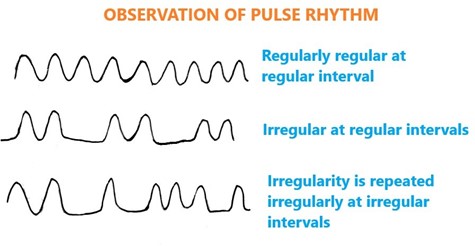A mother calls the clinic to report that her child has just swallowed "poison" and is vomiting. In preparing to instruct the mother about the necessary action to take, which substance should the practical nurse (PN) consider to be the least traumatic to the esophagus when the child vomits?
Vitamin tablets.
Toilet bowl cleaner.
Kerosene.
An unknown substance.
The Correct Answer is A
Vitamin tablets are unlikely to cause significant harm to the esophagus if the child vomits after ingesting them. However, toilet bowl cleaner and kerosene are corrosive substances that can cause serious damage to the esophagus and other tissues if ingested.
An unknown substance cannot be evaluated for potential harm to the esophagus.
In any case, the mother should be advised to seek immediate medical attention for her child if they have ingested any potentially harmful substance.
The PN should also follow their facility's policies and procedures for managing cases of poisoning or suspected poisoning.
Nursing Test Bank
Naxlex Comprehensive Predictor Exams
Related Questions
Correct Answer is B
Explanation
This finding may indicate a potential cardiac issue that needs immediate medical atention. Projectile vomiting and excessive hunger in a young infant may be signs of pyloric stenosis, a condition in which the muscle between the stomach and small intestine thickens, making it difficult for food to pass through.
Hyperactive gastric sounds may be present with vomiting, but it is not an immediate concern.
Crying without tears may be a sign of dehydration, but it is not an immediate concern.
Underweight for age is a concern but it is not a finding that requires immediate intervention.


Correct Answer is C
Explanation
The first action the PN should take is to obtain a point-of-care glucose test. This will provide immediate information about the patient's blood sugar level and help guide further interventions.
Option A, reviewing prior insulin prescriptions, is important but not the first priority.
Option B, checking blood pressure, is also important but not the most immediate concern.
Option D, assessing urine for ketones, can provide useful information about the presence of ketones in the urine, which can indicate diabetic ketoacidosis, but it is not the first action that should be taken.
Whether you are a student looking to ace your exams or a practicing nurse seeking to enhance your expertise , our nursing education contents will empower you with the confidence and competence to make a difference in the lives of patients and become a respected leader in the healthcare field.
Visit Naxlex, invest in your future and unlock endless possibilities with our unparalleled nursing education contents today
Report Wrong Answer on the Current Question
Do you disagree with the answer? If yes, what is your expected answer? Explain.
Kindly be descriptive with the issue you are facing.
